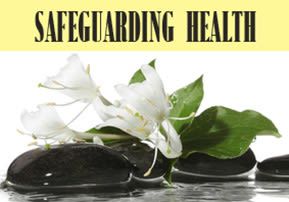
Safeguarding Health
Further proof of the eternal relevance of the Rambam’s healing system is its correlation with the various Oriental healing wisdoms, which recently have gained much popularity.

Rambam’s Laws on Nutrition and Health, Part 3
The Teachings of Health Preservation by the Rambam & the Kitzur Shulchan Aruch
It is interesting to note how highly the Kitzur Shulchan Aruch regards safeguarding our health in general and Rambam’s principles of health in particular. Even in this abbreviated code of law, the Kitzur Shulchan Aruch ensures to include most of Rambam’s principles of health while elaborating on them and even adding additional principles of guarding one’s health.
Chapter thirty two of the Kitzur Shulchan Aruch starts off its twenty-seven directives on health preservation by asserting the religious obligation to safeguard one’s health quoting the Rambam directly word by word. Just like the Rambam, Rabbi Gazfried emphasizes the importance of proper digestion for the maintenance of health and gives even more details and quotes about the process of digestion and the importance of portion control. He adds how we should be very careful to chew our food well, as this is the first part of digestion. Without mentioning the Rambam directly, he refers to him by such clauses as: “Our sages say, the learned doctors advised etc…” Among the important principles mentioned both in the Rambam and repeated by the Kitzur Shulchan Aruch with additional quotes is the importance of not eating until our body is warmed up through some kind of exercise.
…A person should not eat before he first walks until his body becomes warmed up, or do some work or exercise. The general principle is that he should exercise his body every morning until his body gets warmed up. He should then rest a bit until he feels settled before eating… (Rambam, Hilchot Deot, Chapter 4, Halacha 2)
The Kitzur Shulchan Aruch repeats the Rambam’s teaching not only from Hilchot Deot, but also from his general medical writings, and asserts the importance of whole-wheat rather than refined bread which is slow to digest. It emphasizes the importance of drinking good water even more than the Rambam and adds the importance of living in a place with pure clean air. The temperature of the home should be balanced without heating our home too much. In general, the entire chapter thirty-two of the Kitzur Shulchan Aruch affirms Rambam’s approach to health. There is only one place where the Kitzur Shulchan Aruch deviates slightly from Rambam’s instructions, by allowing sleep two hours after a meal rather than the three-four hours interval mentioned by the Rambam. Like the Rambam, the Kitzur Shulchan Aruch emphasizes that one should apply the principle of opposites in food. A hot-blooded person needs to eat cooling foods, while someone with a cold temperament should eat hot and spicy foods.
Similarities to Eastern Wisdom of Health
An additional support for the eternal relevance of the Rambam’s teachings on nutrition and health is that his healing system correlates in many ways with the ancient Oriental healing wisdoms, which recently have gained such popularity.
…One must avoid anything that damages the body and cultivate healthful habits. These are the following: A person should never eat unless he is hungry; neither should he drink unless he is thirsty… (Hilchot Deot, Chapter 4, Halacha 1)
This simple common sense lesson is echoed in Chinese medicine: “those good at health care dine when they feel hungry and drink when thirsty.” The same view is found in Eight Commentaries Honoring Life by Gao Lian; Ming Dynasty: “one should not eat until he feels hungry nor drink until very thirsty….”
Water with the Meal
Rambam, moreover, cautions us against drinking water within the meal except a little mixed with wine. All Asian medical systems advise against drinking during meals. While they do drink tea prior to a meal, the size of a Chinese teacup is miniscule. Drinking water during a meal dilutes digestive and juices necessary for proper digestion. It causes bloating and interferes with the digestion of the solid foods, making us feel uncomfortable and tired. The digestive enzymes will have less access to the food when it is floating in liquid. According to Oriental medicine, drinking water with the meal weakens the digestive fire and makes it difficult for it to remain hot enough to function efficiently. This would counteract the importance of warming up the body through exercise prior to eating, which Rambam stresses. Wine has a warming nature and thus if mixed with water can aid digestion and mitigate the negative effects of the water.
Cooling and Warming Foods
A person whose flesh is hot should not eat meat and honey and should not drink wine, as the king Salomon said in an allegory, “it is not good to eat much honey.” He should drink water from endive (chicory) even if it is bitter, as he should drink and eat the way of healing alone in order to be healthy and keep whole, since it is impossible for a person to live without eating… (Rambam, Hilchot Deot, Chapter 3, Halacha 2)
Rambam teaches that everyone regardless where they live should follow the principle of opposites—“warming coldness and cooling heat.” This principle is the cornerstone of many healing traditions including Chinese and Indian dietetics and is the key principle in many herbal traditions the world over.
When Rambam discusses cold and hot foods, he does not refer to physically cold foods, but energetically cold foods. This is in accordance with all Oriental medical models, which teach that energetically cold foods not only lower body-temperature but also tend to slow down circulation and metabolism. Warm foods, conversely stimulate and invigorate blood circulation and metabolism, while raising the body-temperature. Energetically cold foods tend to be quickly digested and excreted by the body, not providing long-lasting energy and sustenance. Fruits and vegetables are examples of cold foods. They provide a quick boost, but do not provide long lasting energy and warmth. Cold foods can be used to balance a meal when hot/spicy foods are eaten and maintain balance by cooling an excessively hot body. Spices tend to be warm and should be limited during the summer to avoid creating excessive heat within the body.
To be continued.
***
Rebbetzen Chana Bracha Siegelbaum is Director of Midreshet B’erot Bat Ayin in Gush Etzion.








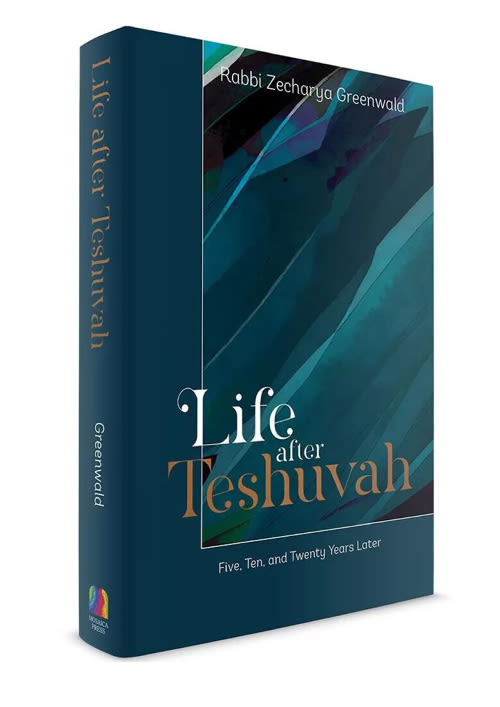
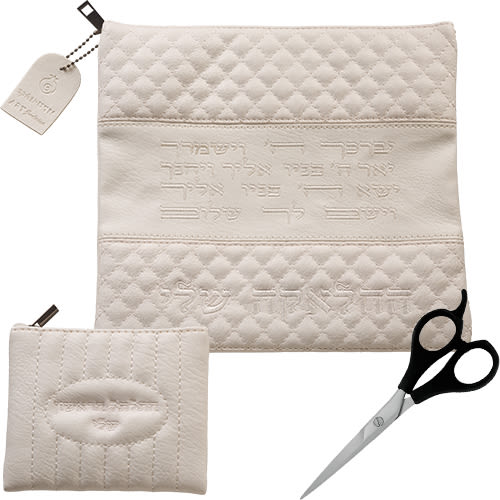
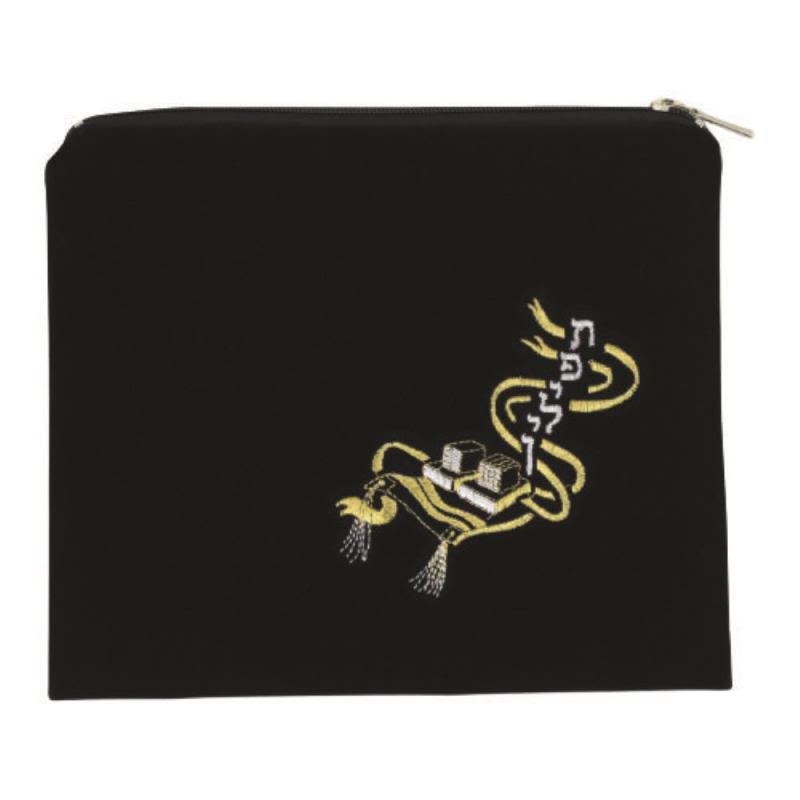
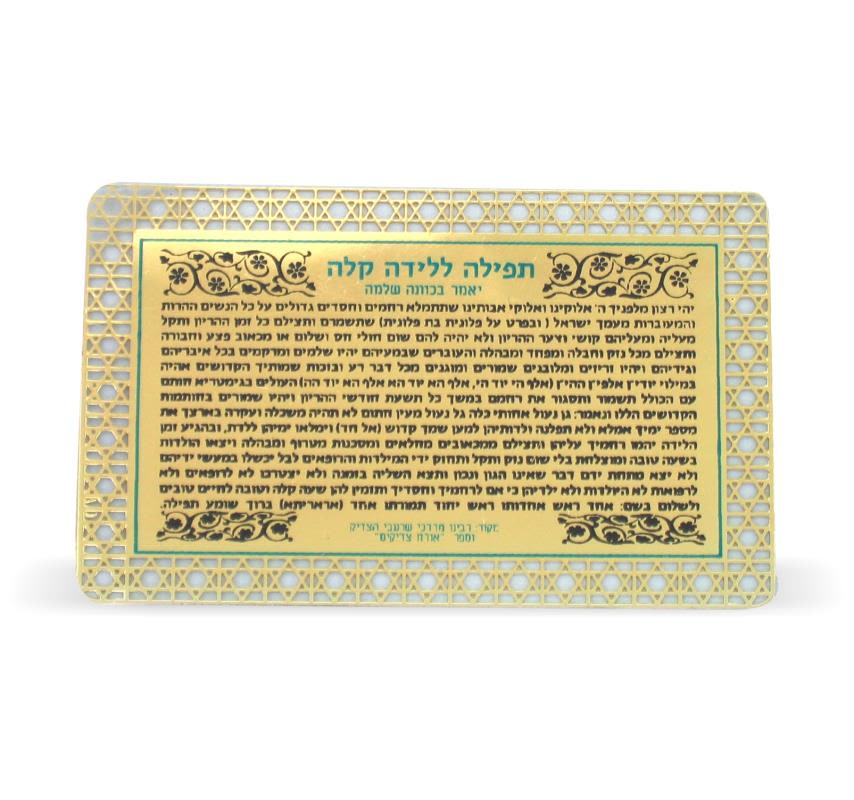
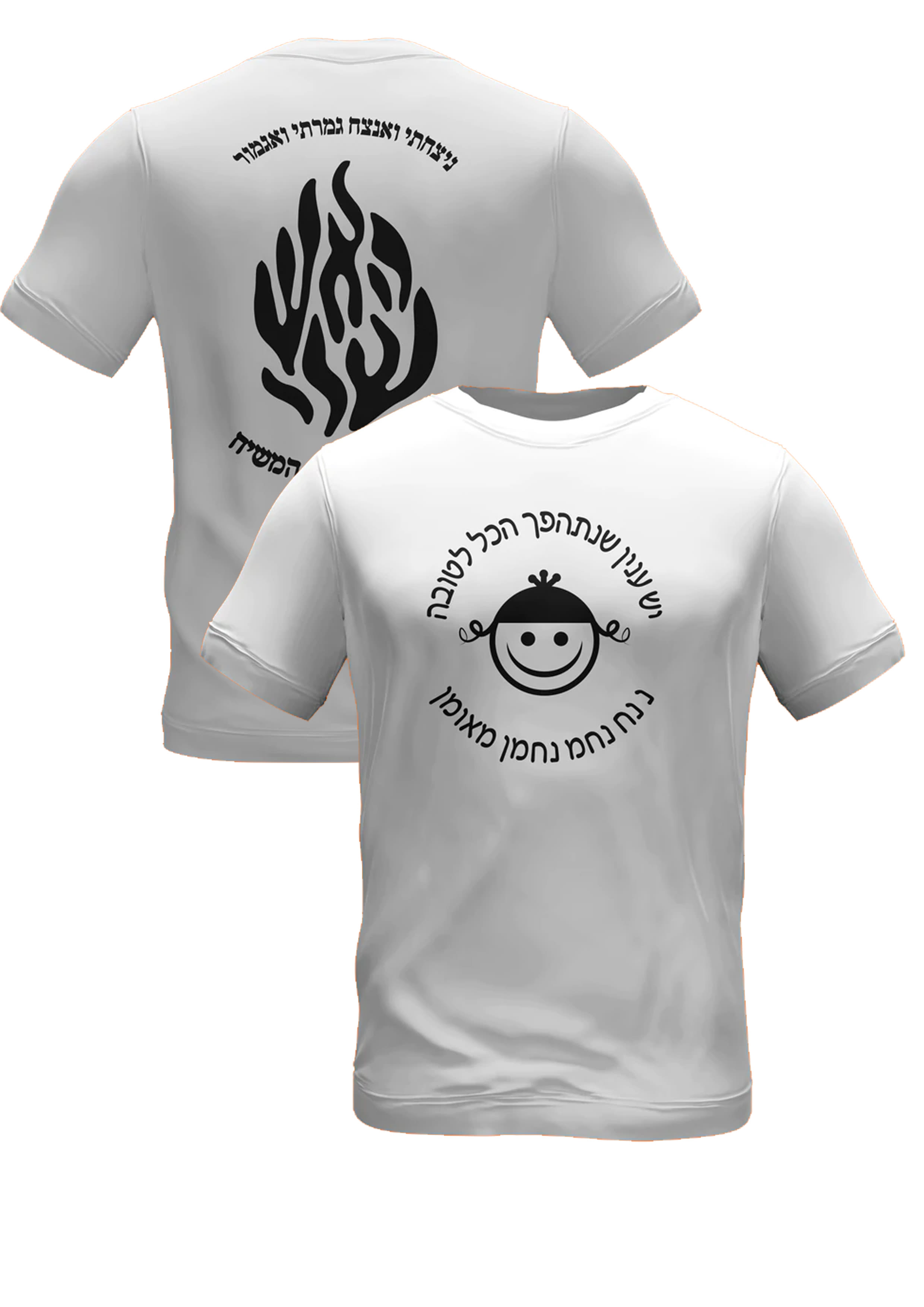
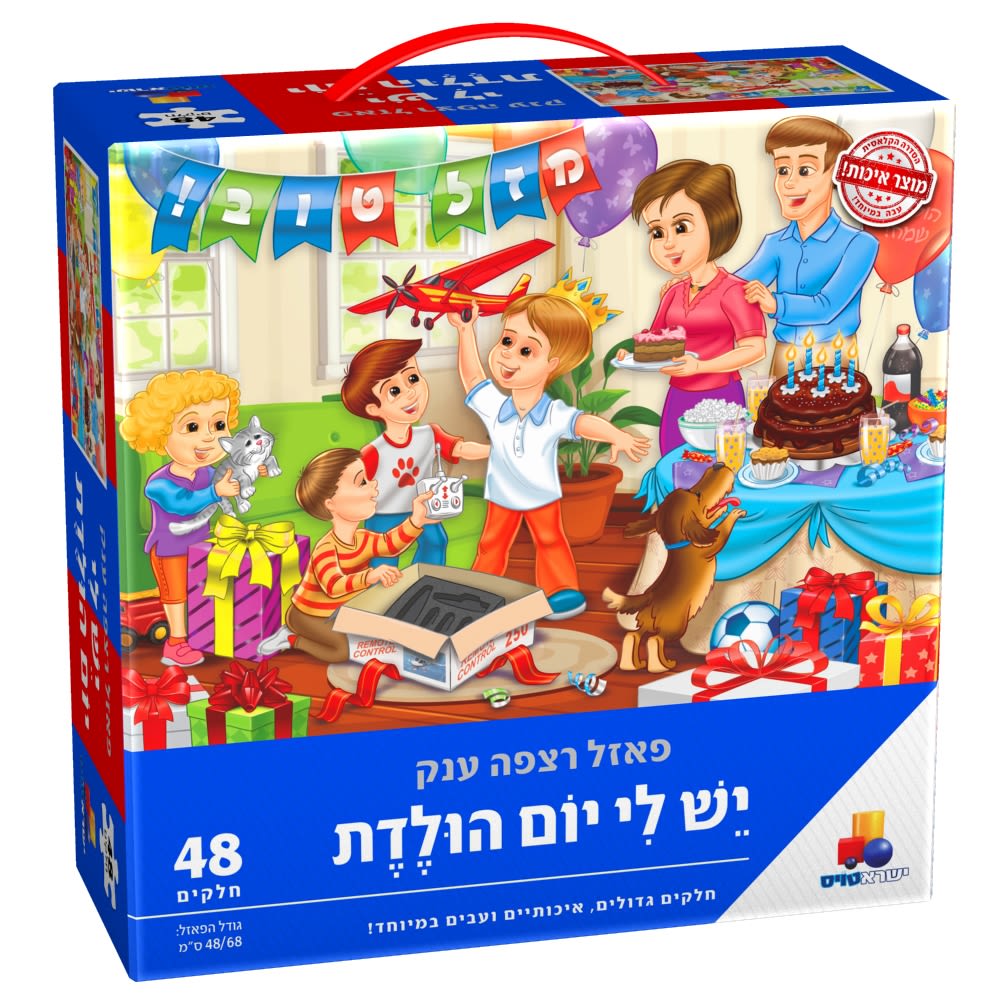
Tell us what you think!
Thank you for your comment!
It will be published after approval by the Editor.